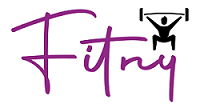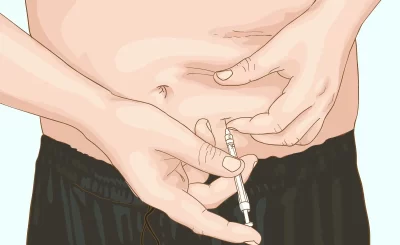At the ED, healthcare professionals recognize that addressing stress is often crucial to successful ED treatment plans. Stress, in its various forms, significantly impacts sexual function. When the body experiences stress, it triggers a cascade of physiological responses that interfere with normal erectile function:
- Hormonal imbalance – Stress increases cortisol production, which can lower testosterone levels, a crucial hormone for sexual function.
- Restricted blood flow – Stress activates the sympathetic nervous system, leading to vasoconstriction, which can reduce blood flow to the genital area.
Given these connections, it’s clear why stress reduction plays a vital role in comprehensive ED treatment strategies.

Stress reduction techniques in ED treatment
Mindfulness and meditation
Mindfulness practices and meditation have shown remarkable efficacy in reducing stress and improving sexual function. These techniques work by:
- Lowering overall stress levels
- Improving body awareness
- Reducing performance anxiety
- Enhancing emotional regulation
At the ED Clinic Encino, patients are often introduced to mindfulness exercises tailored specifically to address sexual concerns. These may include guided imagery focusing on body sensations and relaxation techniques designed to alleviate sexual anxiety.
Cognitive behavioral therapy (CBT)
Using CBT help you deal with the psychological aspects of ED. This therapy helps patients:
- Identify and challenge negative thinking patterns associated with sexual performance
- Develop coping strategies for stress and anxiety
- Improve communication with partners about sexual concerns
By addressing the cognitive and emotional components of stress, CBT significantly enhances the effectiveness of other ED treatments.
Biofeedback techniques
Biofeedback involves learning to control specific bodily processes that are typically involuntary. In the context of ED treatment, biofeedback helps patients:
- Recognize and reduce physical tension
- Improve control over physiological responses to stress
- Enhance relaxation skills
These techniques often involve sensors to monitor physiological indicators like heart rate or muscle tension, allowing patients to see how their relaxing efforts affect their bodies in real time.
Progressive muscle relaxation (PMR)
PMR is a simple yet effective stress reduction technique that systematically tenses and relaxes different muscle groups. This practice can:
- Reduce overall muscle tension
- Improve awareness of the body’s stress responses
- Enhance the ability to relax on command
For men with ED, learning to relax the pelvic floor muscles through PMR is particularly beneficial in improving erectile function.
Role of exercise in stress reduction and ED management
Physical activity reduces stress and plays a significant role in ED treatment. Exercise benefits include:
- Improved cardiovascular health, which is crucial for erectile function
- Increased production of endorphins, natural mood elevators
- Enhanced body image and self-esteem
- Stress management through better sleep
The clinic often incorporates personalized exercise recommendations into treatment plans, focusing on long-term activities patients enjoy and can maintain. Stress reduction techniques profoundly impact hormonal balance, which is crucial for erectile function. By lowering cortisol levels and potentially boosting testosterone production, stress reduction creates a more favourable hormonal environment for sexual health. ED strains intimate relationships, creating a cycle of stress and performance anxiety. Relationship counselling can:
- Improve communication between partners
- Reduce relationship-related stress
- Enhance intimacy and emotional connection
Overcoming ED is a journey that extends beyond physical symptoms. By embracing stress reduction strategies, men proactively foster resilience, confidence, and a more satisfying, intimate life.








